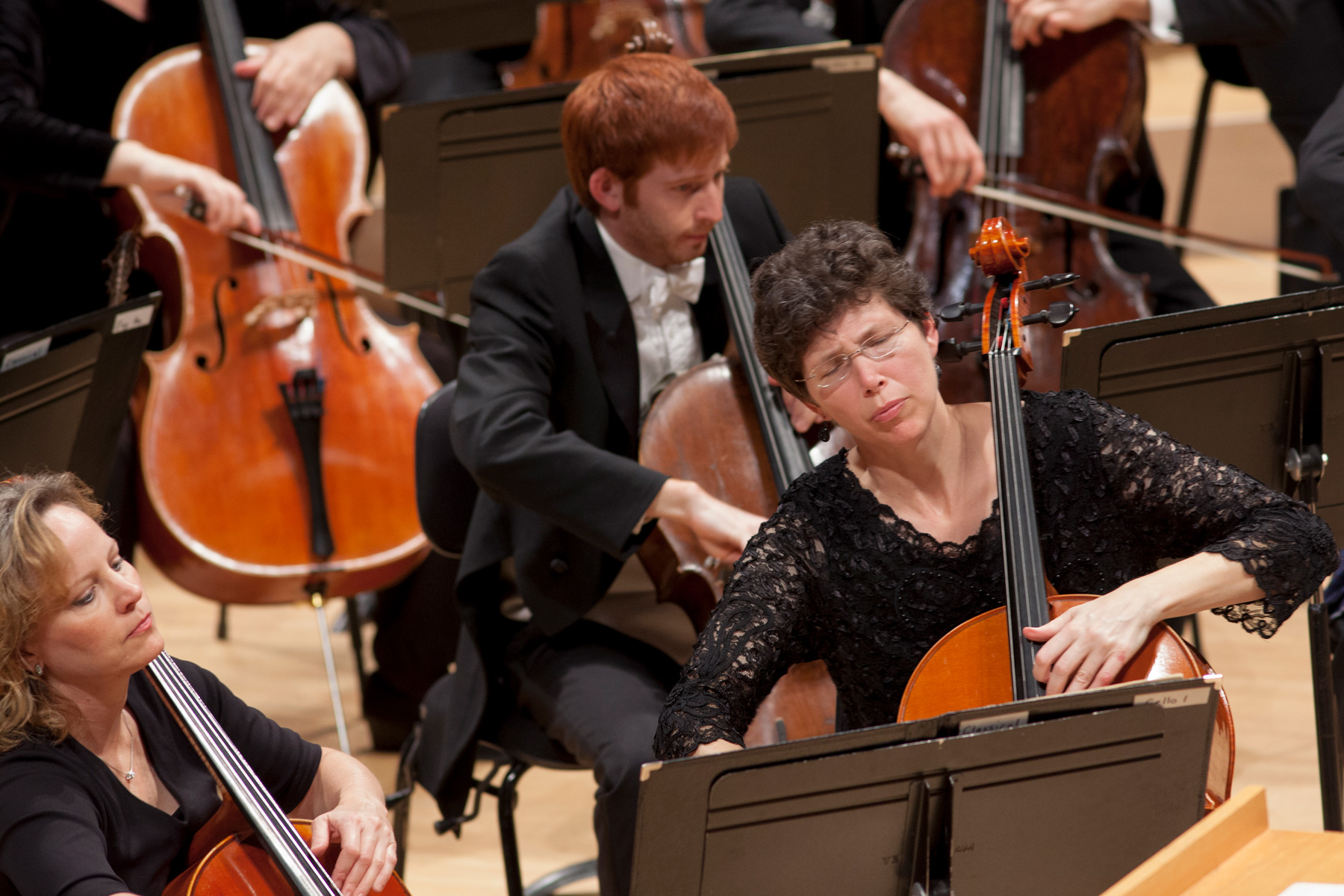Donor Advised Funds
A donor advised fund (DAF), which is like a charitable savings account, gives you the flexibility to recommend how much and how often money is granted to the North Carolina Symphony and other qualified charities. You can recommend a grant or recurring grants now to make an immediate impact or use your fund as a tool for future charitable gifts.
You can also create a lasting legacy by naming the North Carolina Symphony the beneficiary of the entire account or a percentage of the fund. With a percentage, you can create a family legacy of giving by naming your loved ones as your successor to continue recommending grants to charitable organizations. Contact your fund administrator for a beneficiary form.
DAF Basics
Still learning about DAFs? Discover the ease of opening a donor advised fund—plus the advantages you’ll enjoy—with your FREE guide One Stop Giving: The Convenience and Simplicity of Donor Advised Funds.
What do I need to know about giving through a donor advised fund? Donor advised funds (DAFs) are becoming one of the most popular charitable vehicles because of their flexibility and favorable tax benefits. The Symphony does accept DAF contributions; however, donating through a DAF may limit the donor benefits that you can receive. Because a maximum tax deduction is received when funds are contributed to a DAF, a donor cannot legally receive any benefits with a substantial fair market value for a gift made from a DAF. The North Carolina Symphony will provide any relevant benefits in your appropriate giving circle that have insubstantial or no fair market value. For more information about giving through a DAF, please contact Rebecca Gunn at rgunn@ncsymphony.org.
An Example of How It Works
 Joe and Laura want to give back to their hometown by putting their money where it will do the most good. They establish a $25,000 donor advised fund with a community foundation.
Joe and Laura want to give back to their hometown by putting their money where it will do the most good. They establish a $25,000 donor advised fund with a community foundation.
The couple receives a federal income tax charitable deduction for the amount of the gift. They also get all the time they need to decide which charities to support.
After researching community needs with the foundation’s staff, Joe and Laura recommend grants for the North Carolina Symphony (which they've supported for years) and the Animal Rescue League. The foundation presents the charities with checks from the Megan Fund, which Joe and Laura named in honor of their granddaughter. Joe and Laura are delighted to start this personal legacy of giving.
Ways to Fund Your Donation
Ways to Fund Your Donation
Information contained herein was accurate at the time of posting. The information on this website is not intended as legal or tax advice. For such advice, please consult an attorney or tax advisor. Figures cited in any examples are for illustrative purposes only. References to tax rates include federal taxes only and are subject to change. State law may further impact your individual results. California residents: Annuities are subject to regulation by the State of California. Payments under such agreements, however, are not protected or otherwise guaranteed by any government agency or the California Life and Health Insurance Guarantee Association. Oklahoma residents: A charitable gift annuity is not regulated by the Oklahoma Insurance Department and is not protected by a guaranty association affiliated with the Oklahoma Insurance Department. South Dakota residents: Charitable gift annuities are not regulated by and are not under the jurisdiction of the South Dakota Division of Insurance.

